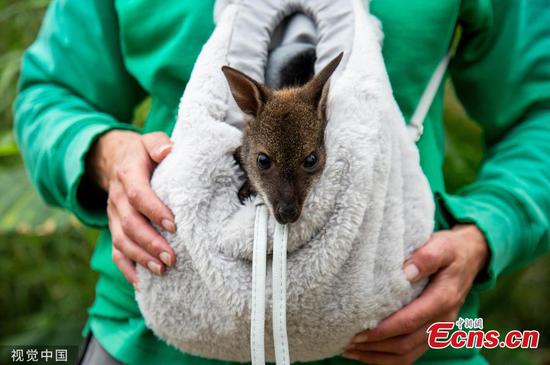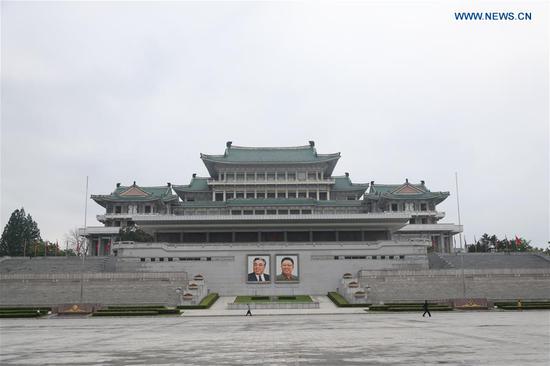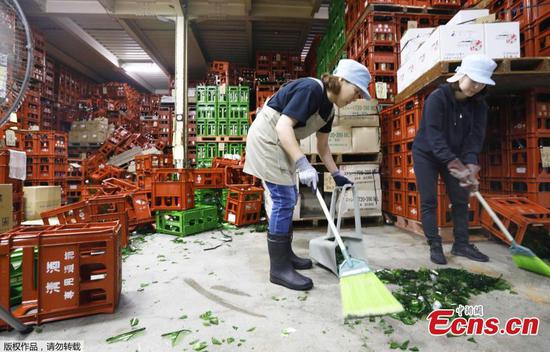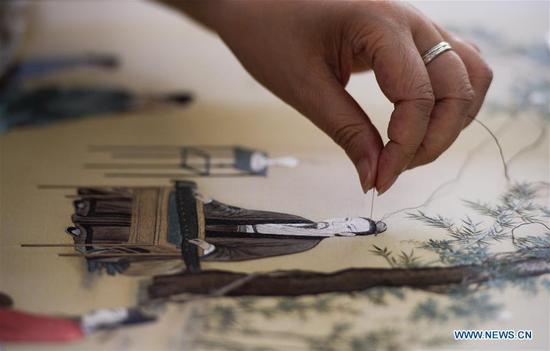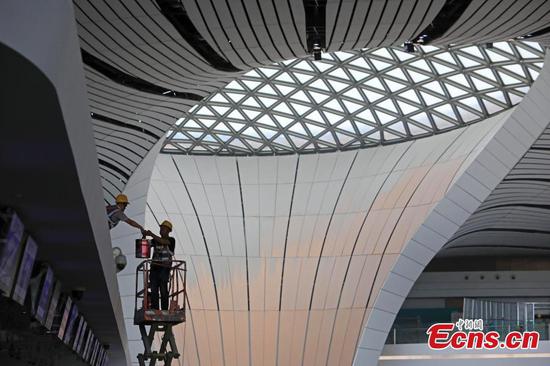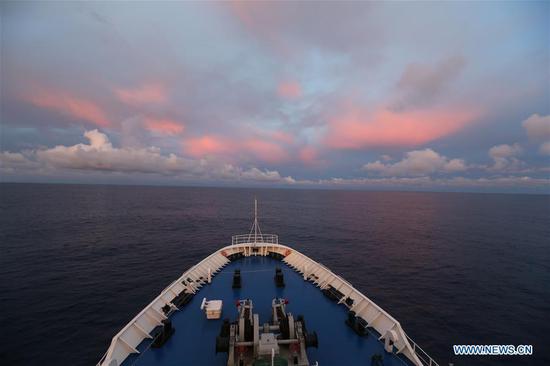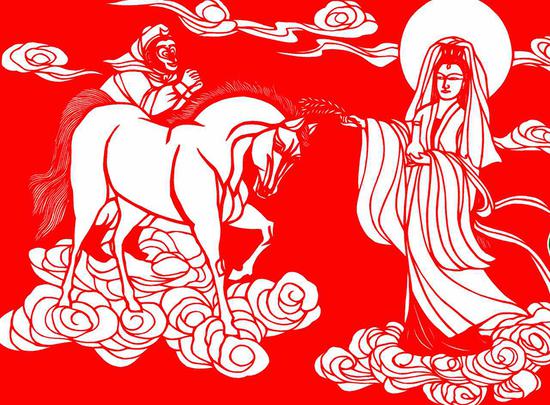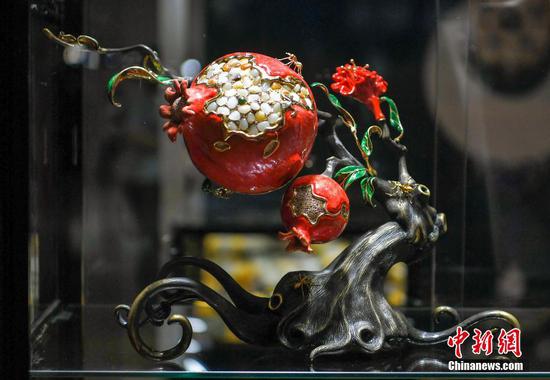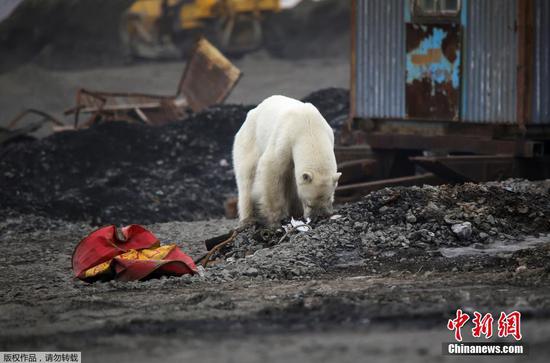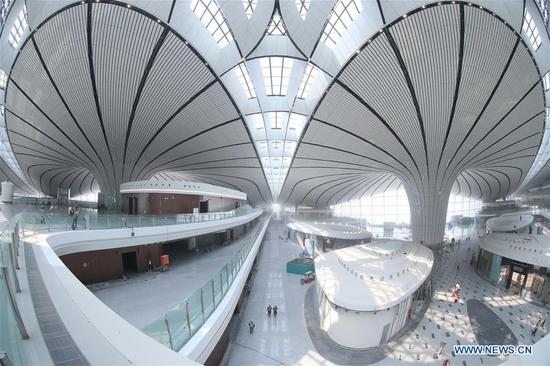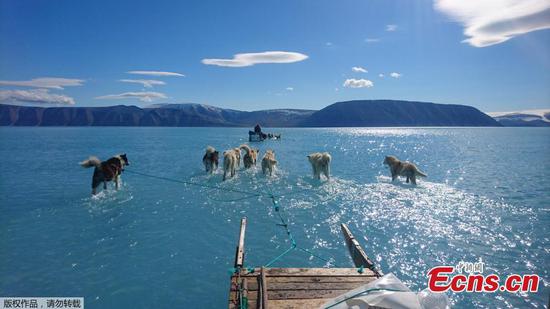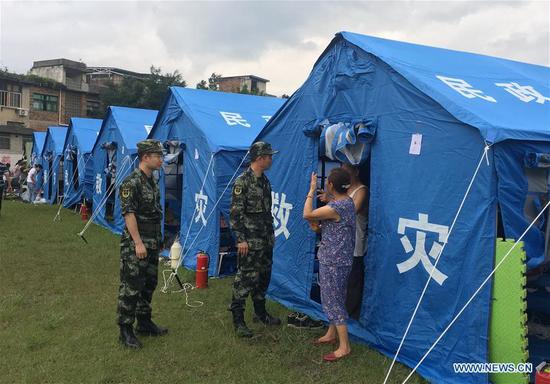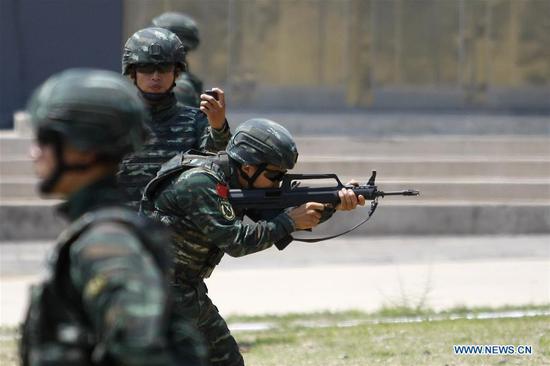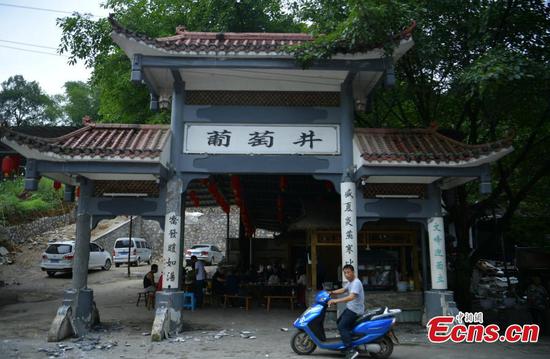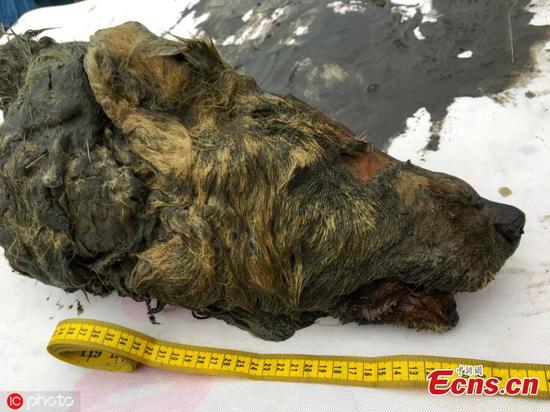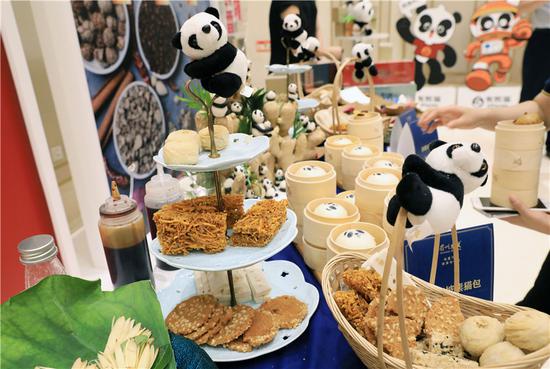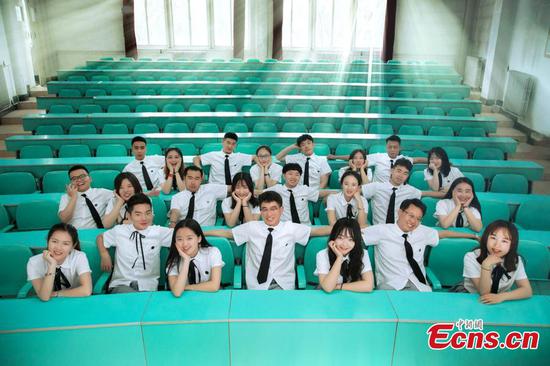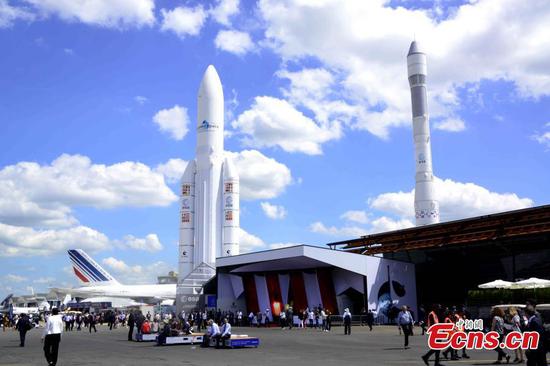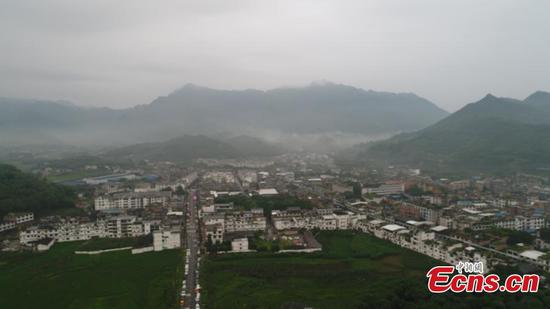Rick Muskat, president of Deer Stags, a family-owned U.S. shoe company, decided to give his testimony a personal touch when talking about the negative impact of a proposed new round of extra tariffs on imported Chinese goods on his business during a hearing here on Wednesday.
Addressing a panel of government trade officials, Muskat talked about his employees. Most of them had been with the three-generation company for 15 years or more. One woman in particular has worked for his family business for over 50 years and her daughter also works for it.
"We work very hard on protecting our workers, give them a safe and healthy work environment, provide health insurance, 401k life insurance, maternity leave, flexible work time, work-from-home option, so they could take care of their families," Muskat said.
However, everything is now in jeopardy as the company's shoes, almost entirely sourced from China, would be subject to an extra 25-percent tariffs if Washington's latest trade protectionist measure against some 300 billion U.S. dollars in goods from China were to move forward.
In a tearful voice, Muskat said that he's "incredibly concerned" about the impact the proposed tariffs could have on his employees. "If we are forced to absorb a 25 percent increase in the cost of our shoes, we cannot continue to have that amount of people," he said.
Muskat's father started the shoe business with his brothers after returning from service in World War II.
Decades later, Deer Stags has created over 100 U.S. jobs, including dozens of full-time positions in New York City and Seattle, selling men's and boy's shoes to brick-and-mortar and online retailers throughout the nation.
The entrepreneur told Xinhua on the sideline of the hearing that the proposed tariffs, if imposed immediately, would increase the company's operational costs, which cannot be passed on to customers this year because contracts had already been inked, thus threatening its financial viability and preventing it from maintaining its current level of employment.
"We have very loyal people who have worked for us for a very long time," he said. "Their jobs are at stake."
What was equally disheartening for Muskat is that his shoes, sold at affordable prices, would have to be more expensive in the future for his company to survive. This would discourage working-class customers.
Muskat is among dozens of witnesses speaking against tariff hikes at Wednesday's hearing and representing various industries, including apparel and footwear, storage containers, electronics, books and publishing, sporting and safety goods, and semiconductors.
Organizations representing the nation's fashion, accessories and footwear industries recently penned a letter to the White House to voice their opposition to the proposed tariffs on textiles, clothing, shoes and accessories coming from China.
"Make no mistake, these new tariffs will mean higher prices for U.S. consumers, lower U.S. apparel and footwear sales, and lost jobs for American workers in the U.S. apparel and footwear industry. The short-term prognosis for these sectors due to these tariffs is catastrophic," said the letter, which was co-signed by 138 companies and 190 executives from the sector.
Marc Fisher, founder and chief executive of Marc Fisher Footwear, a Connecticut-based women's shoe company, also turned emotional when providing testimony at the hearing, the third of a series held by the Office of the U.S. Trade Representative to solicit public comments on and responses to the proposed additional tariffs.
Fisher said that the tariffs over a period of three months would cost his company, which employs over 200 people in the nation, over 25 million dollars, which would be extremely difficult to be absorbed under current circumstances.
"My company cannot afford to absorb these tariffs immediately," he said tearfully. "It will create a serious financial burden that will ultimately threaten American jobs you all want to preserve."
Tariffs have already been high in U.S. fashion, accessories and footwear industries. In 2018, more than 18 billion dollars in tariffs have been paid in these industries, representing nearly 40 percent of all tariffs collected by the U.S. government, yet accounting for only about 6 percent of all U.S. imports.
Citing decades of experiences, Fisher stressed the challenges in relocating production and finding alternative sources of supply for the nation's footwear industry, of which products made in China account for approximately 70 percent.
Factories in other countries lack the skills and infrastructure to make the quality footwear that consumers expect and need, he said. "Developing a new supply chain will require enormous capital investment, training, and time," he said.
Besides, production capacity is a big concern.
"They move to the same places and there are not so many people that can make all this stuff ... They don't have the labor force," Fisher said.
Muskat agreed, adding that they haven't found alternatives that allow them to enforce labor force standards and product safety standards.
Fisher also warned that tariff hikes would have a domino effect: prices increase and sales drop, leading to fewer jobs and stores.
"It's a domino. It's like lightening a match in California and the next thing you have is a forest fire," Fisher said. "None of us want that."










